Health
-
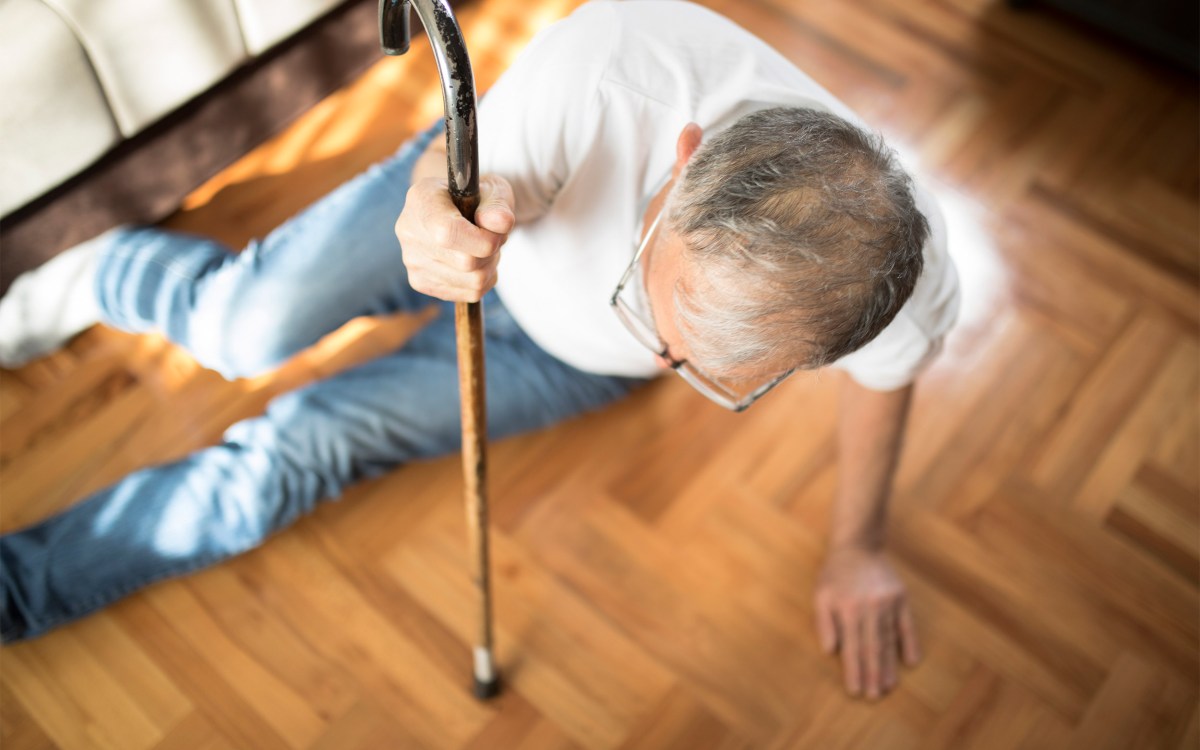
Falls put older adults at increased risk of Alzheimer’s
Researchers found dementia more frequently diagnosed within one year of a fall, compared to other types of injuries
Part of the Findings series -

‘Weekend warriors’ can cut risk of 264 diseases
Concentrated routines just as effective as regular weekly exercise in protecting against heart, digestive conditions as well as neurological illnesses
Part of the Findings series -
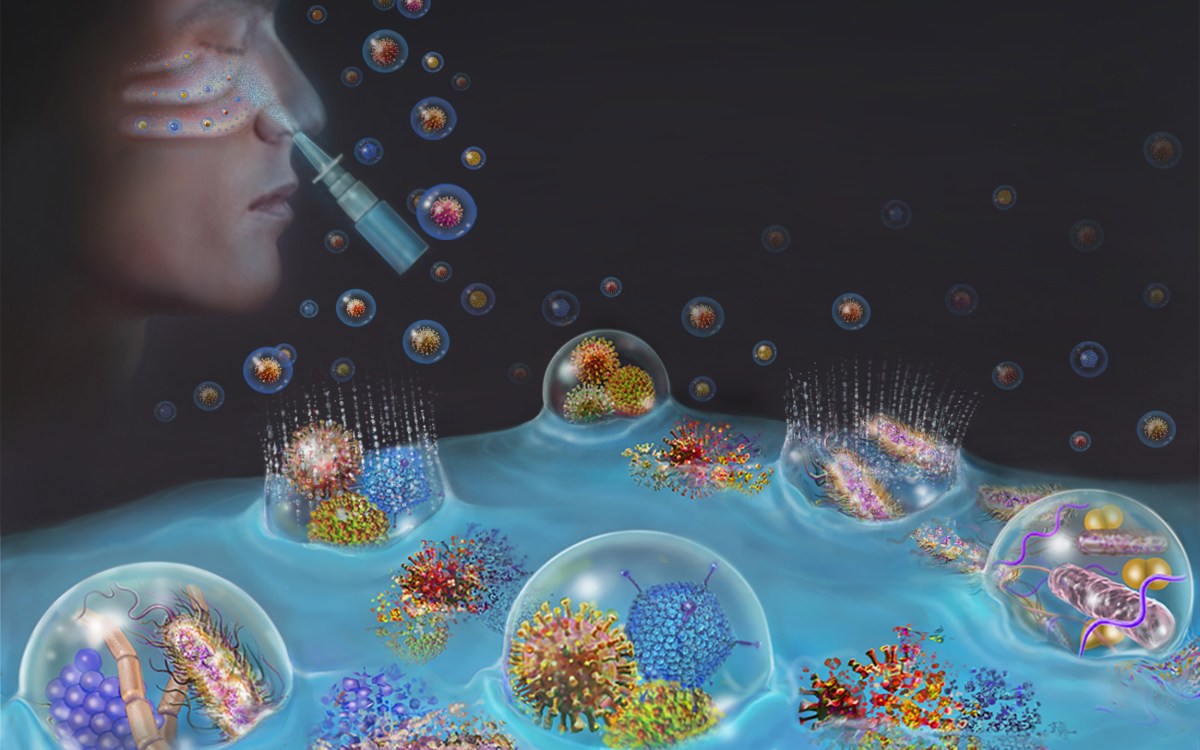
Drug-free nasal spray blocks, neutralizes viruses, bacteria
In preclinical studies, spray offered nearly 100% protection from respiratory infections by COVID-19, influenza, viruses, and pneumonia-causing bacteria
-

Using AI to repurpose existing drugs for treatment of rare diseases
Identifies possible therapies for thousands of diseases, including ones with no current treatments
Part of the Findings series -
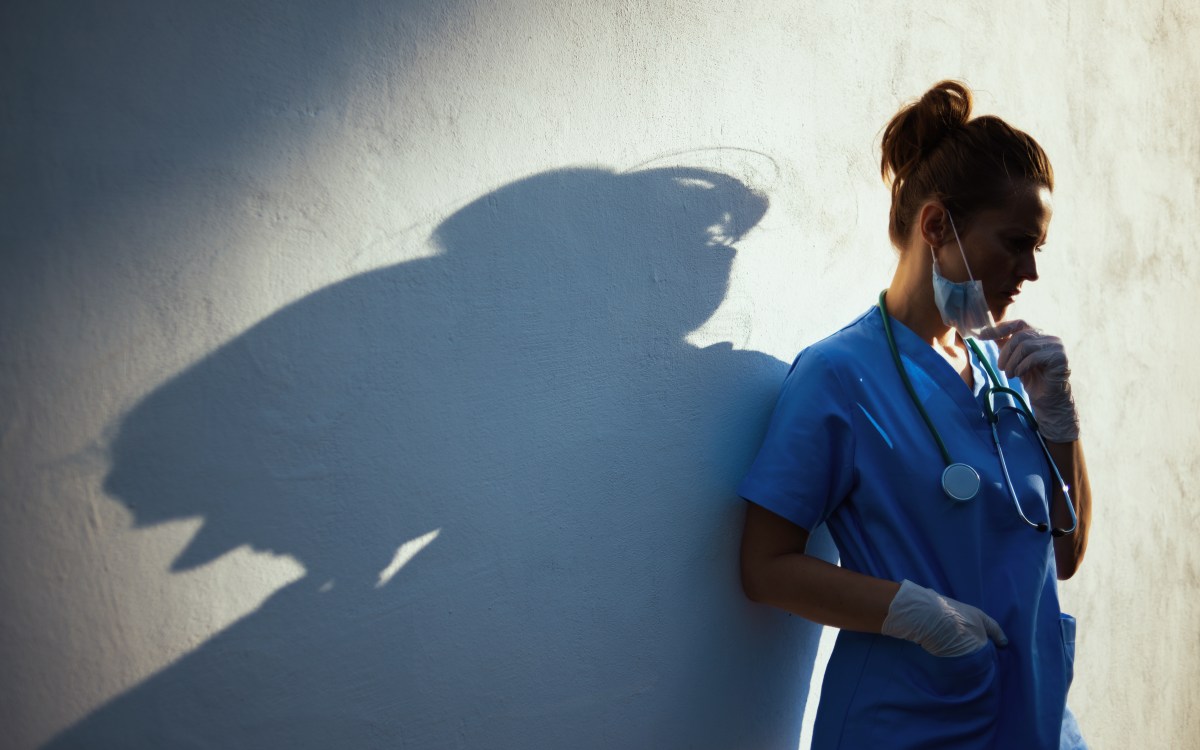
Suicide among female doctors gets a closer look
Epidemiologist discusses research, shrinking gap between rates of male, female physicians, what can be done
Part of the Findings series -
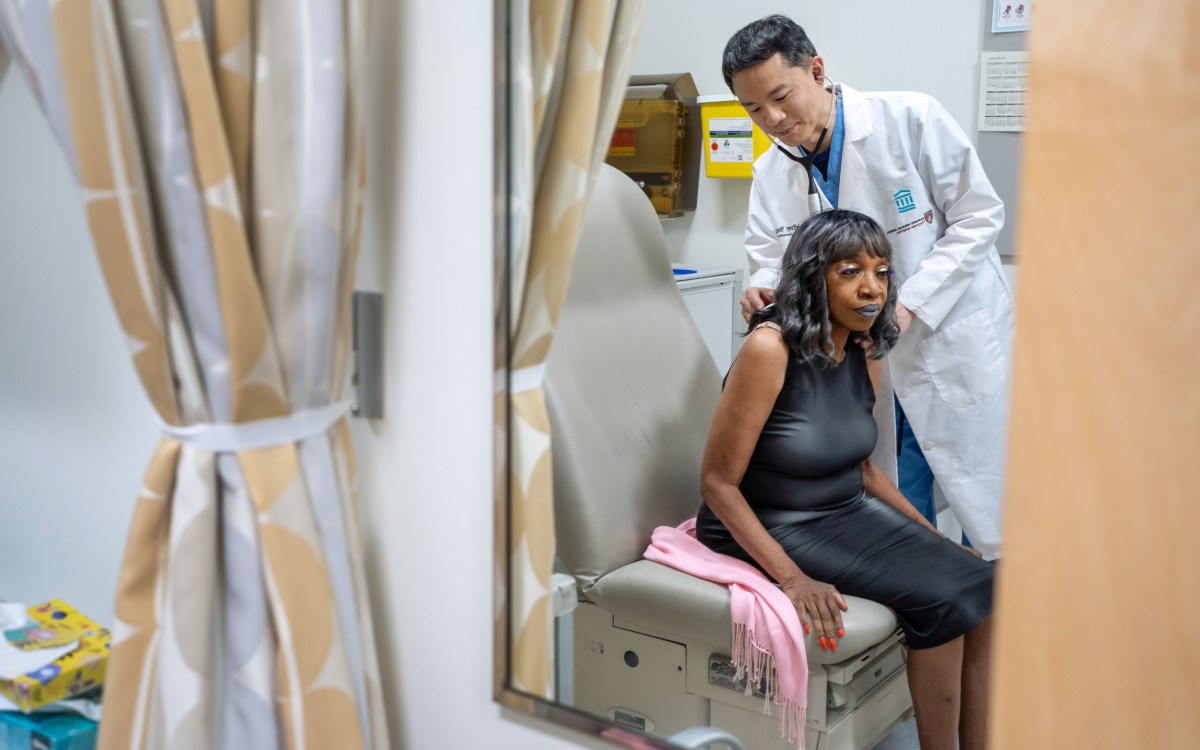
To assess a smoker’s lung cancer risk, think years — not packs
Far more cases get caught when screening guidelines consider duration of habit regardless of intensity, study finds — especially among Black patients
Part of the Findings series
-
‘When you’re with a patient … their suffering counts more than your suffering’
Symposium honoring late global health pioneer Paul Farmer reflects on achievements, purpose, influence of Haiti
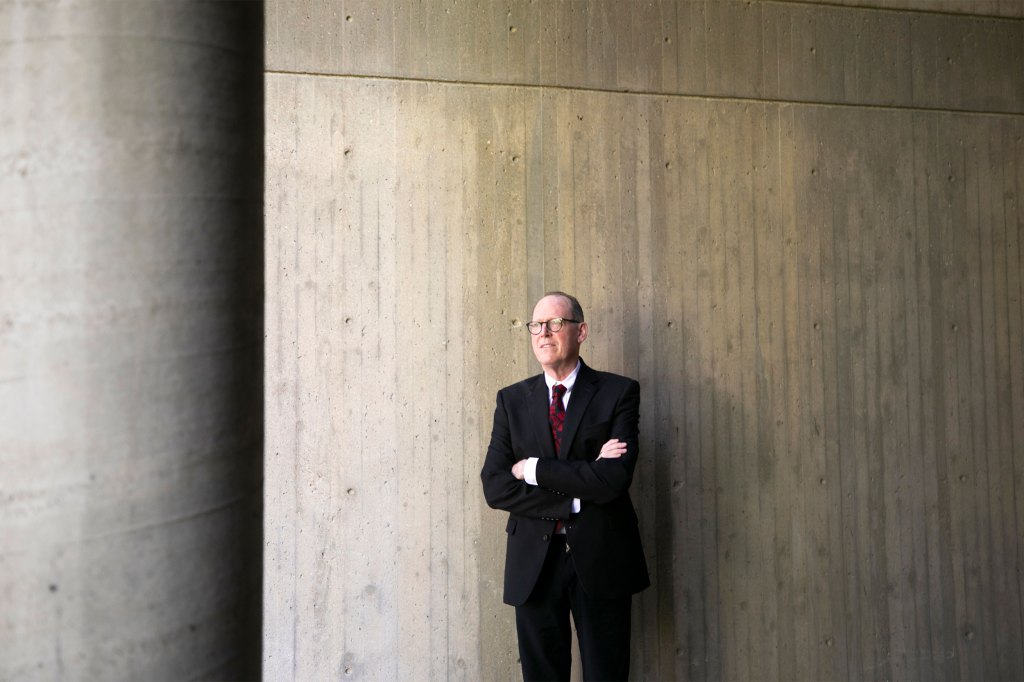
-
‘There’s no treatment if you don’t know what you’re treating’
Network of medical detectives solves genomic mystery of boy plagued by series of life-threatening, seemingly disparate ills
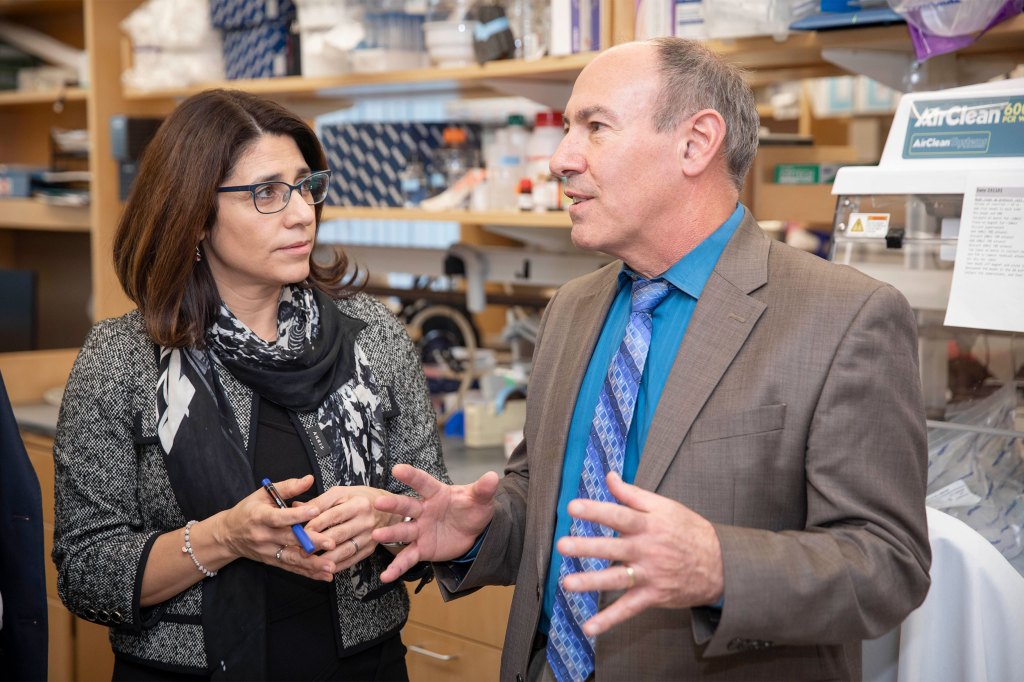
-
U.S. men die nearly six years before women, reflecting largest gap since 1996
Analysis finds COVID-19 and ‘deaths of despair’ behind trend that has been growing since 2010
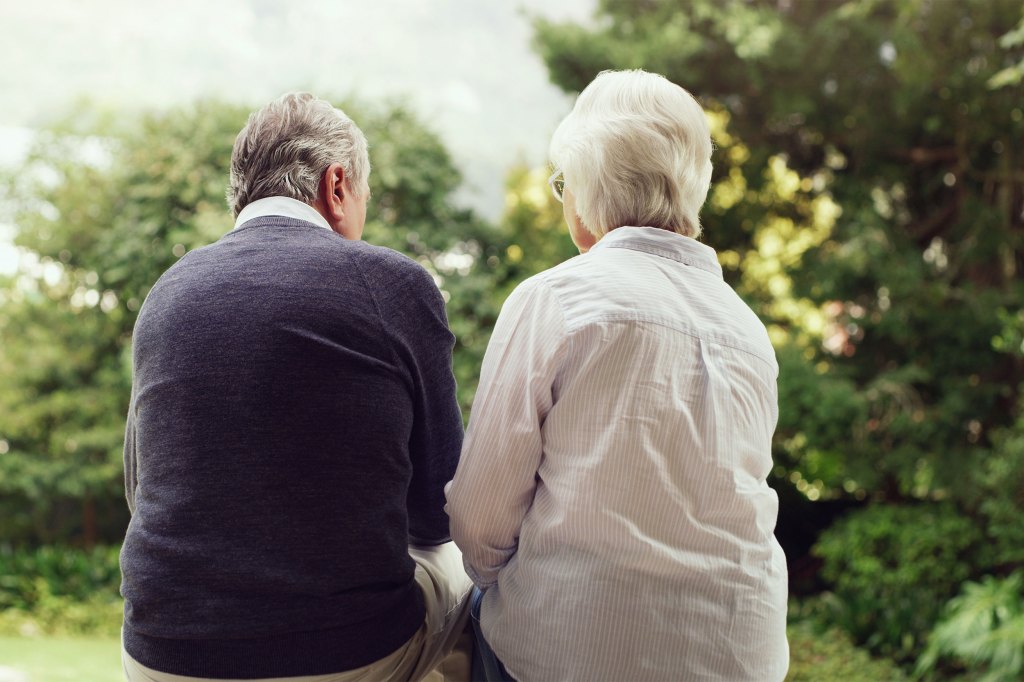
-
Benefits of work-life balance extend to heart health, study suggests
Intervention benefits older, lower-wage workers at higher risk, novel Chan School study finds
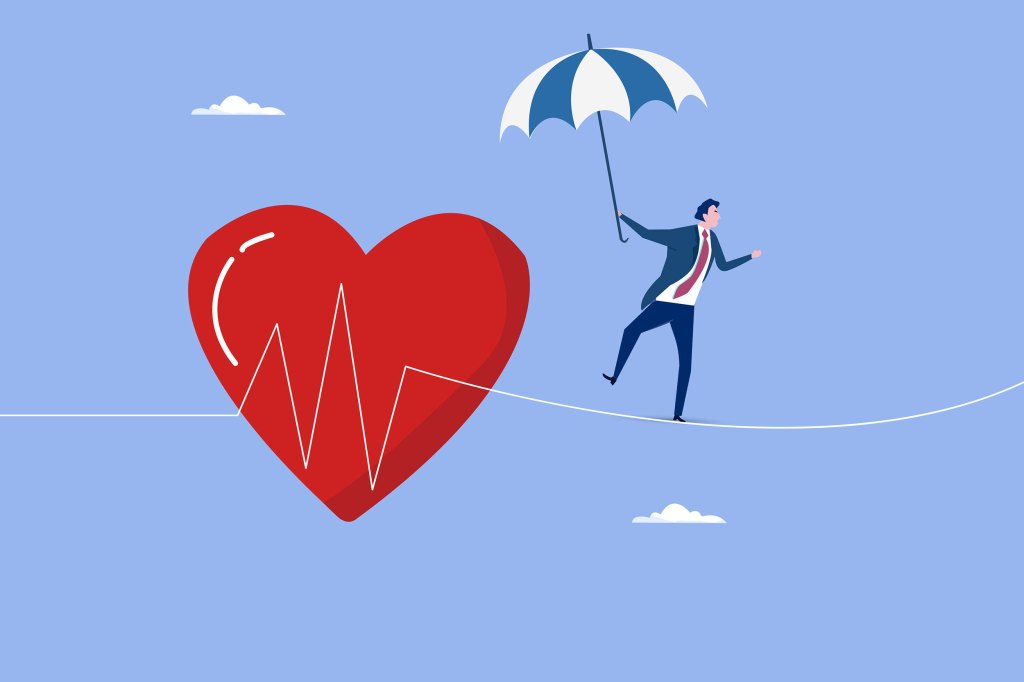
-
Waistline growing? Eat more veggies — but not this kind.
Study adds starchy variety to list of culprits contributing to middle-age weight gain
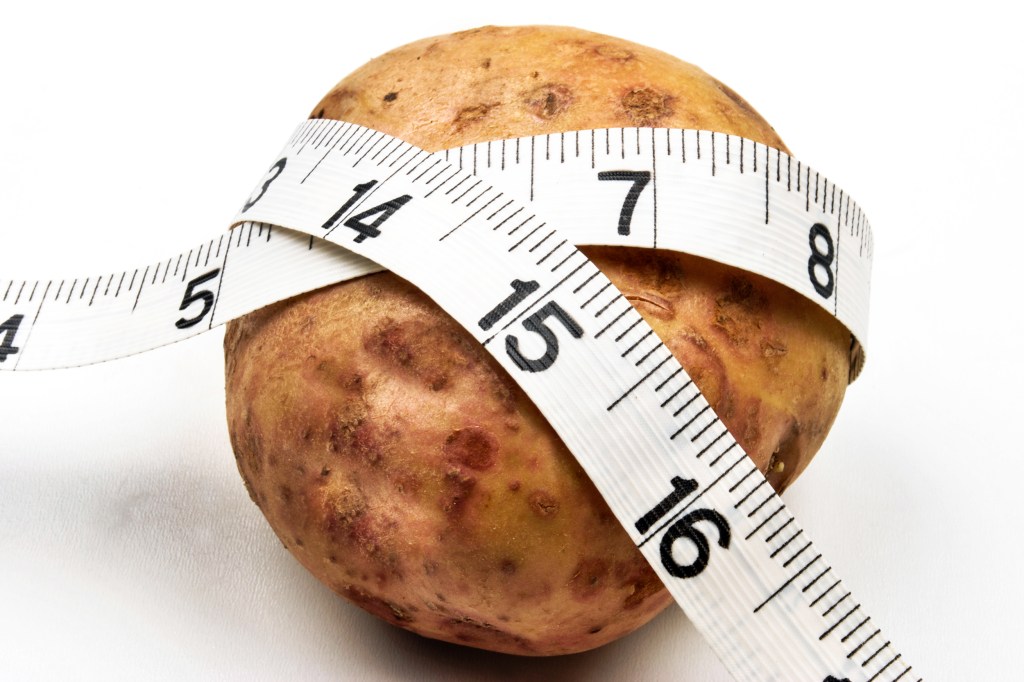
-
Research shows working out gets inflammation-fighting T cells moving
Activated by regular exercise, immune cells in muscles found to fend off inflammation, enhance endurance in mice
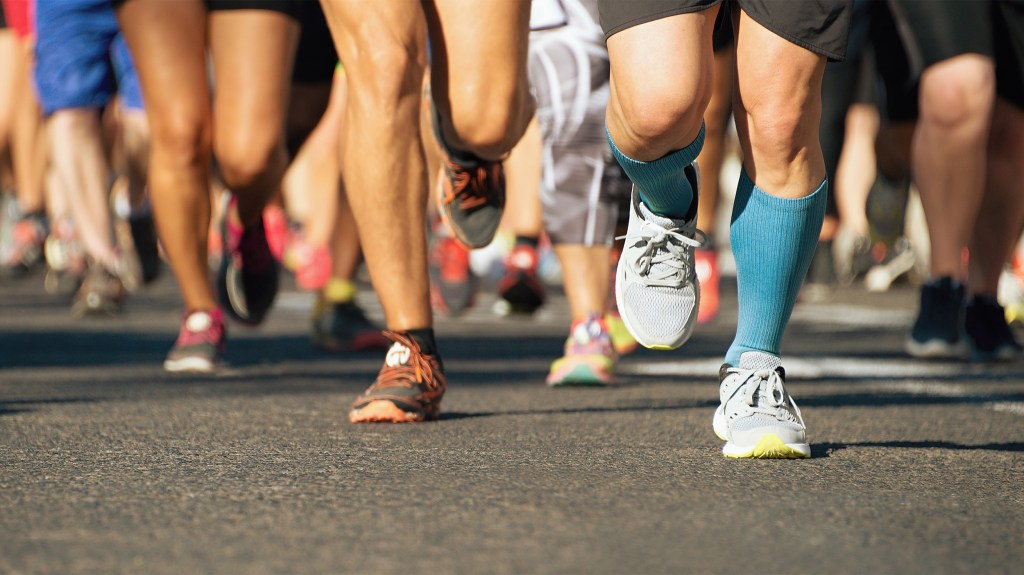
-
How being stigmatized can harm health
Professor of Psychology Mark L. Hatzenbuehler’s course, “Stigma, Discrimination, and Health,” examines the wide-ranging problem that touches on sexuality, body weight, immigration, and poverty.
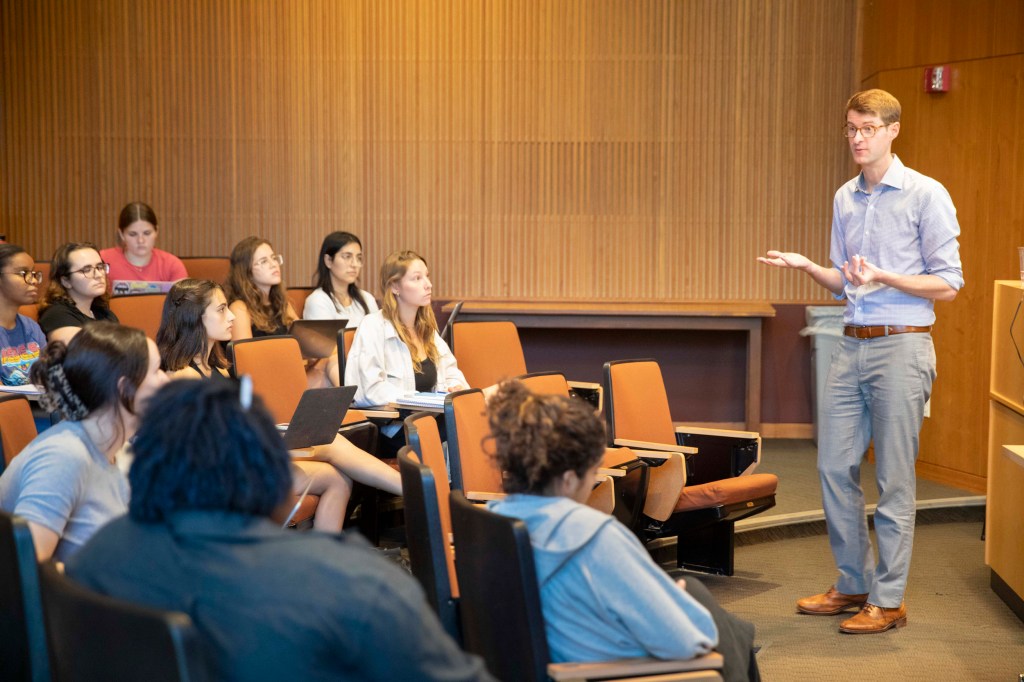
-
Hot yoga potent antidepressant in study
In a randomized controlled clinical trial, heated yoga sessions led to reduced depressive symptoms in adults with moderate-to-severe depression.
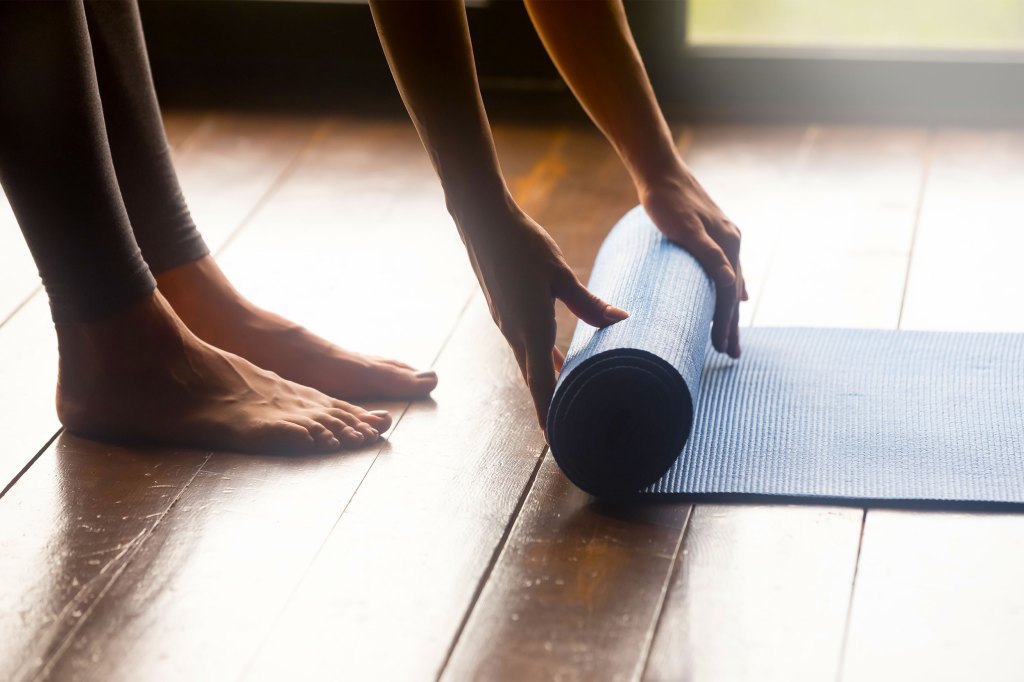
-
Erasing reminders of stigmatizing, traumatic past
Harvard Medical School-Mass General dermatologists use lasers to remove gang, trafficking tattoos, stigmatizing and often traumatic reminders of the past.
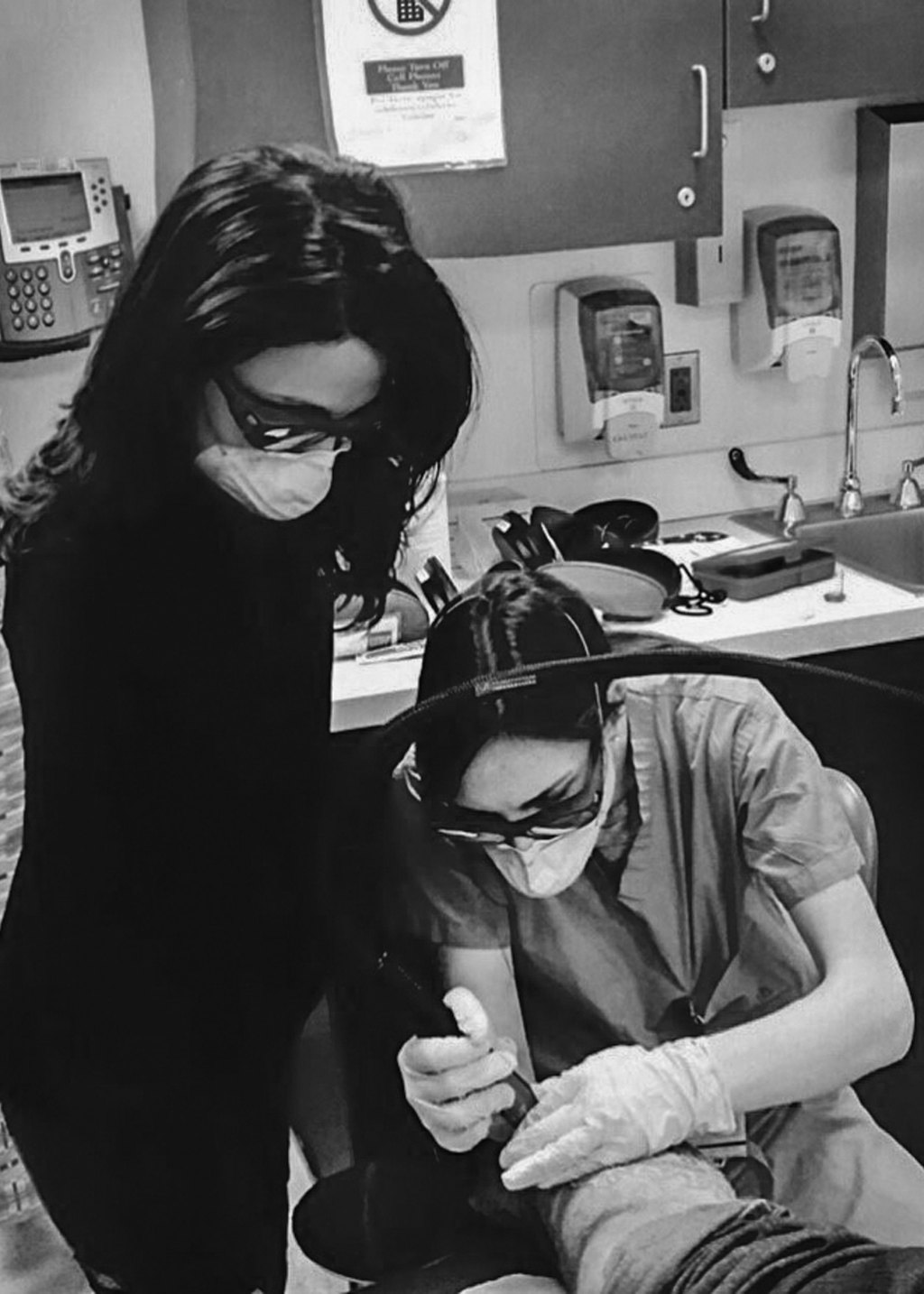
-
Worries about depressed men and IVF are unfounded
New study reveals no correlation between anxiety, regardless of antidepressant use, and IVF outcomes or live birth rate.
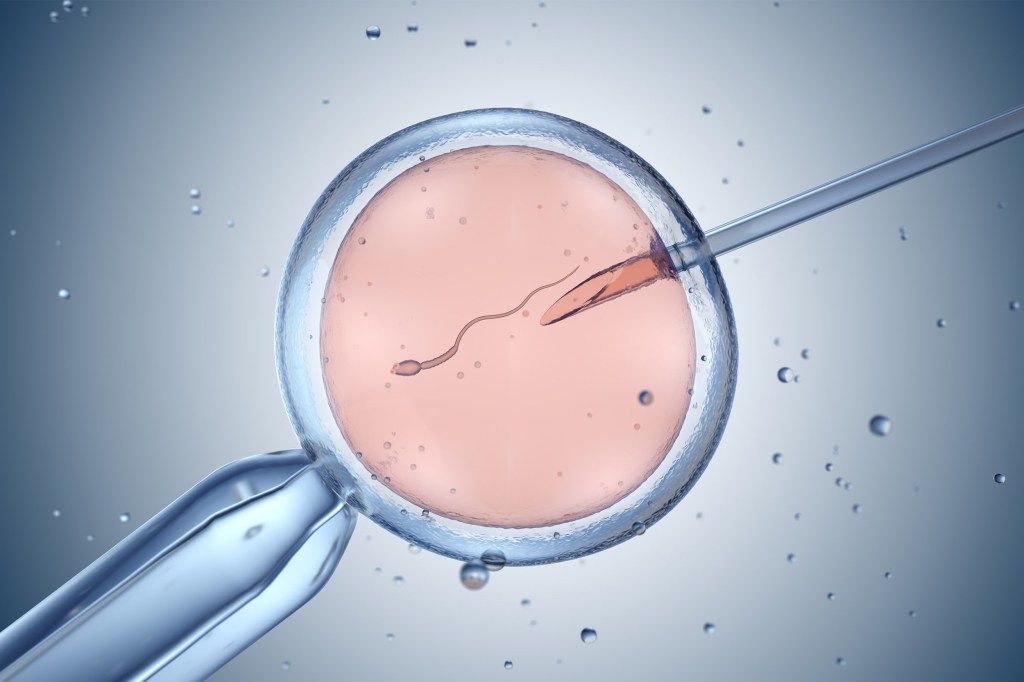
-
Study finds link between breastfeeding, rise in adult colorectal cancer risk
Mothers should not halt practice of breastfeeding, which offers many benefits to infants, as much more research is still needed, scientists say.
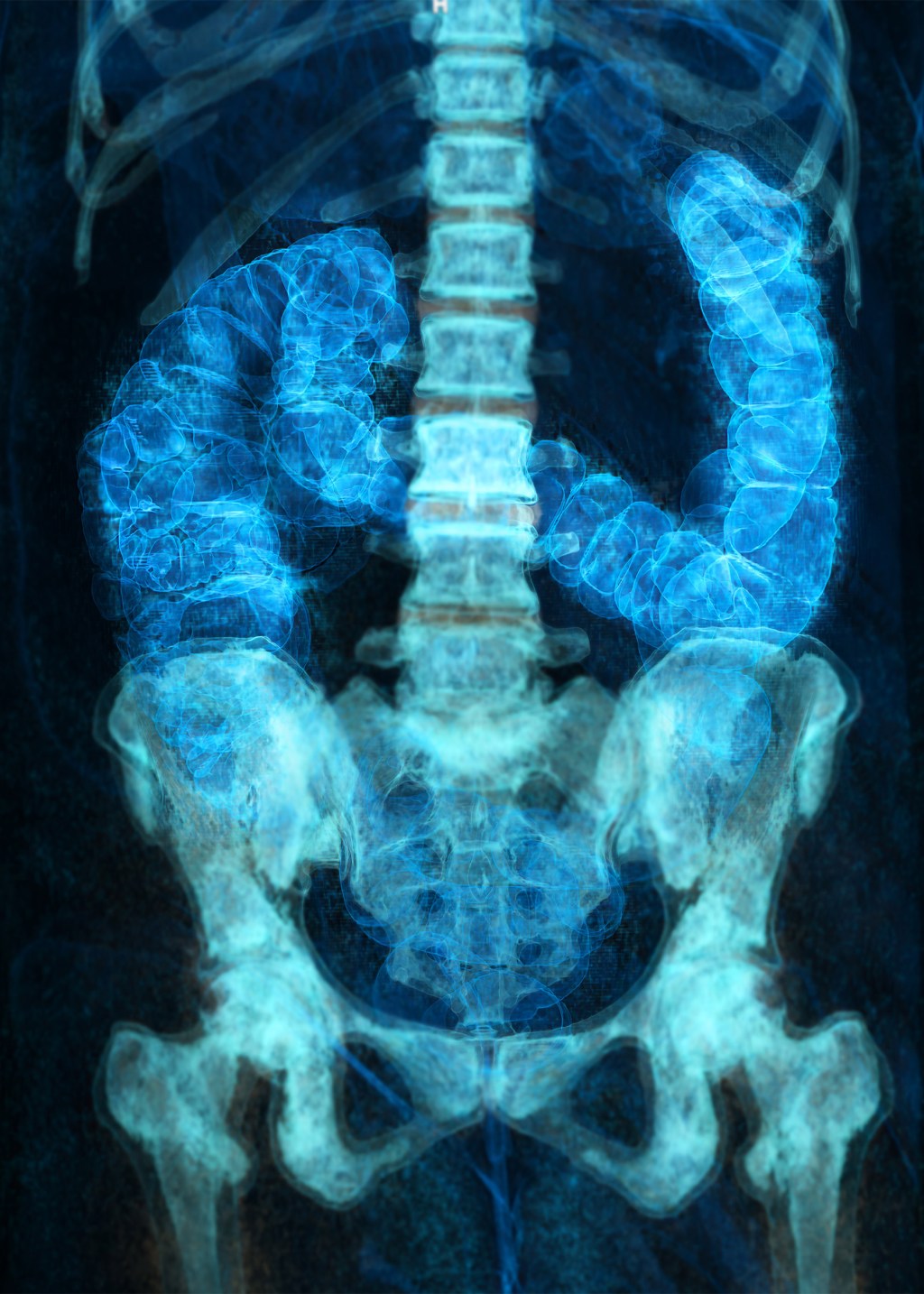
-
You think you’re fighting your anxiety, but you’re making it worse
An emotion many avoid and view as an illness may actually help us thrive, psychologist David Rosmarin says.
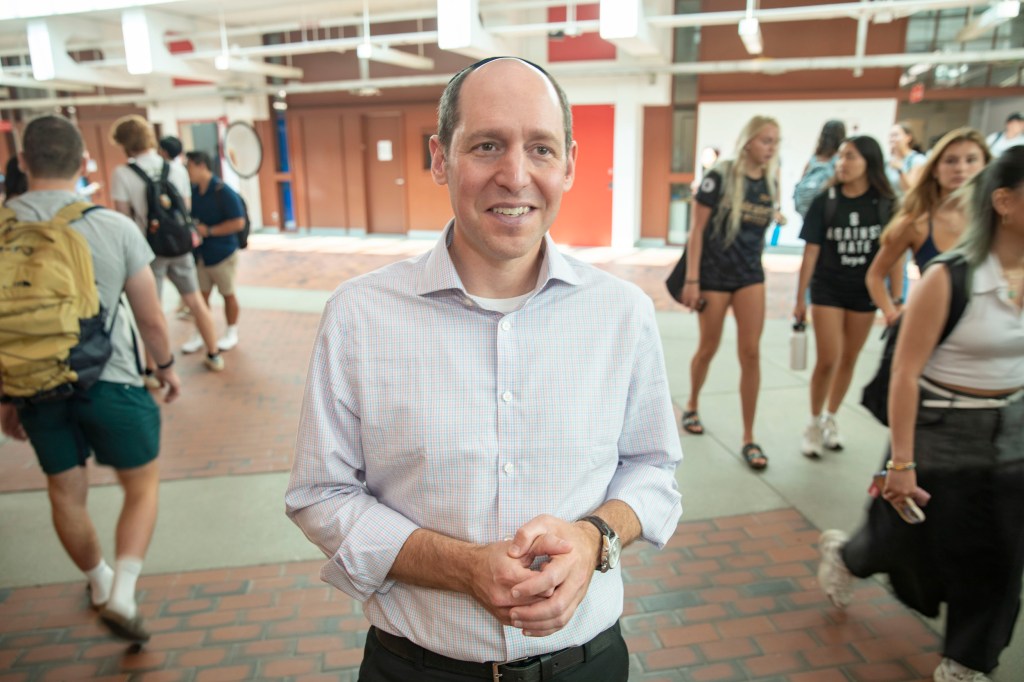
-
Gift of tulips: Surviving breast cancer
Bobbie Collins, a writer for Harvard Medical School, shares a firsthand account of her bout with the disease.
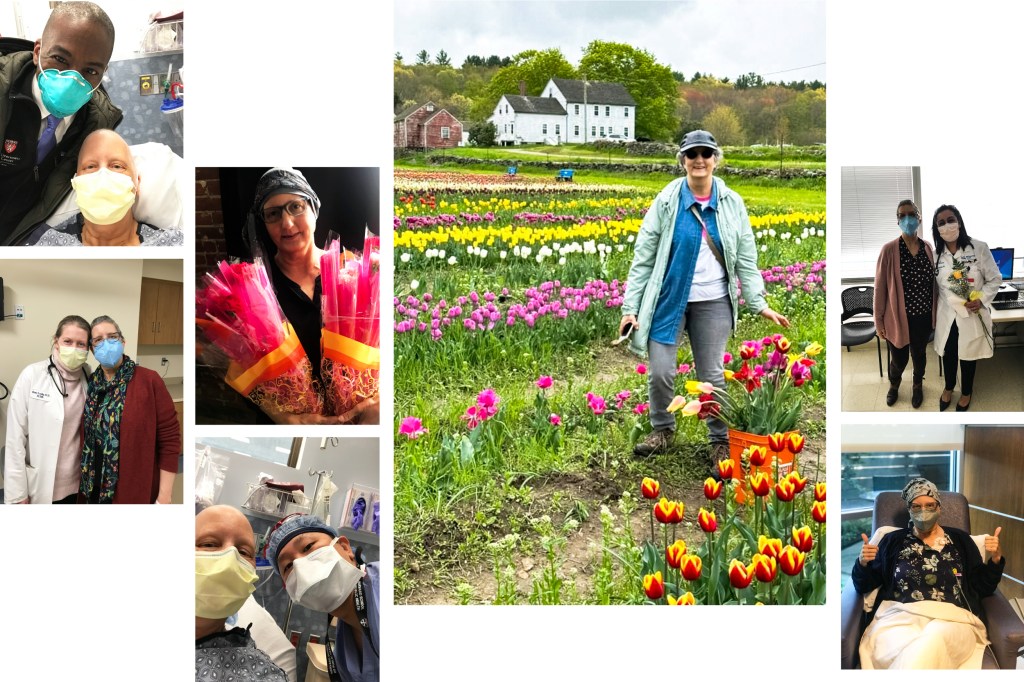
-
How social isolation, loneliness can shorten life
A new study shows that social isolation and loneliness are not same thing but can be connected, sometimes in surprising ways.

-
Wedding gift from her doctors — the ability to smile again
A complicated brain tumor surgery left Rebecca Grasso with facial paralysis. But thanks to a series of nerve transfers at Harvard-affiliated Mass Eye and Ear, she was able to smile at her wedding.
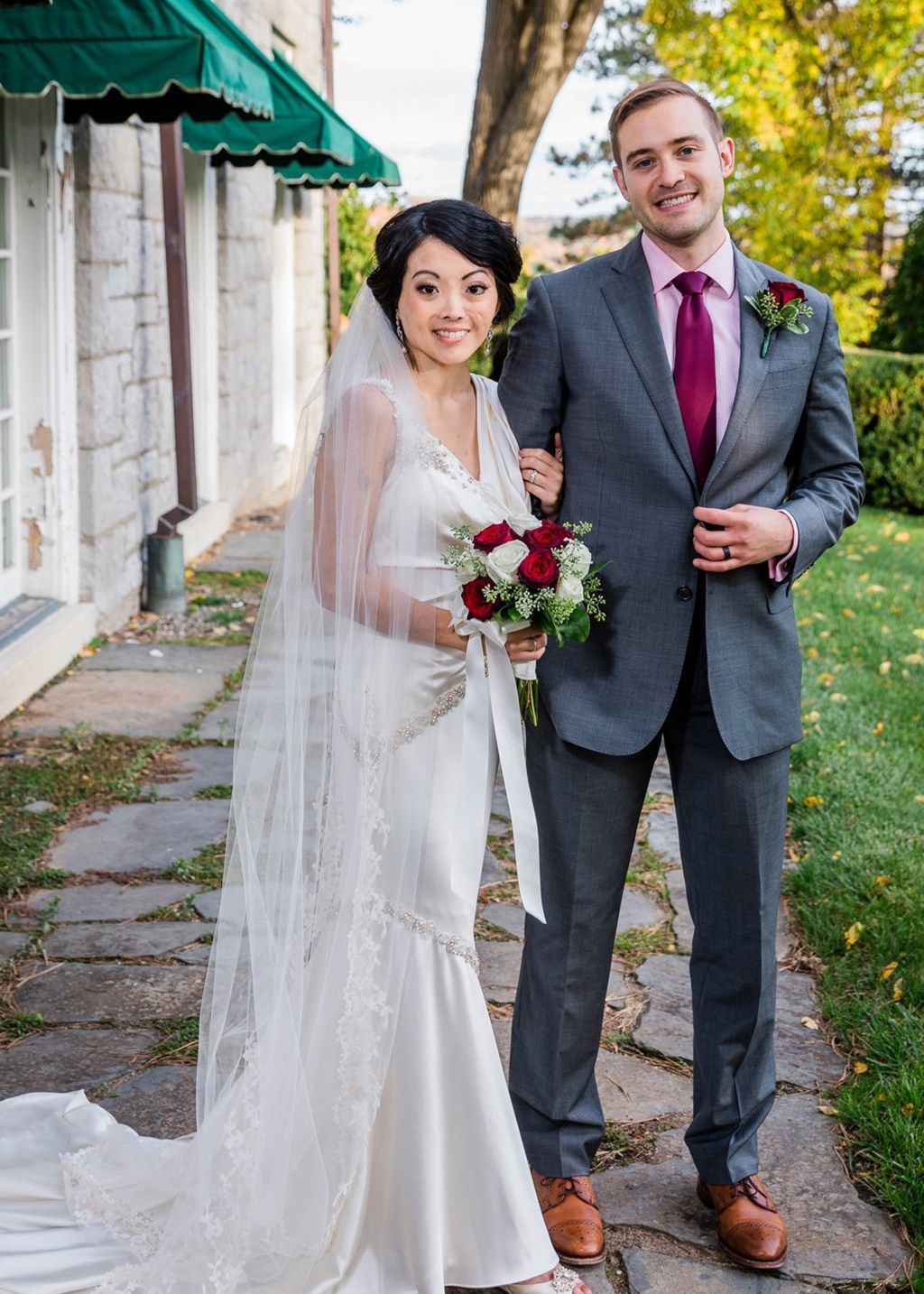
-
Less rest, more stress for the weary
New study highlights a correlation between women who sleep less than eight hours at night and developing a greater risk for hypertension or high blood pressure.

-
Tab for liver disease tied to drinking projected to double over 20 years
Researchers say planners, policymakers need to be looking to ramp up intervention programs, improve treatment.

-
Is organic better?
Not if you follow the evidence, researcher says

-
Why are ineffective oral decongestants still on store shelves?
Drug regulation expert explains how the problem was discovered, next steps for FDA, and the questions it raises about other products, supplements.

-
Not getting enough sleep? That’s only half the battle.
Researchers find regularity also plays key role in long-term health and daily performance.

-
Seizing the chance to stop a suicide
New Harvard-MGH initiative to provide caregivers with lab-tested tools for identifying, treating those most at risk.
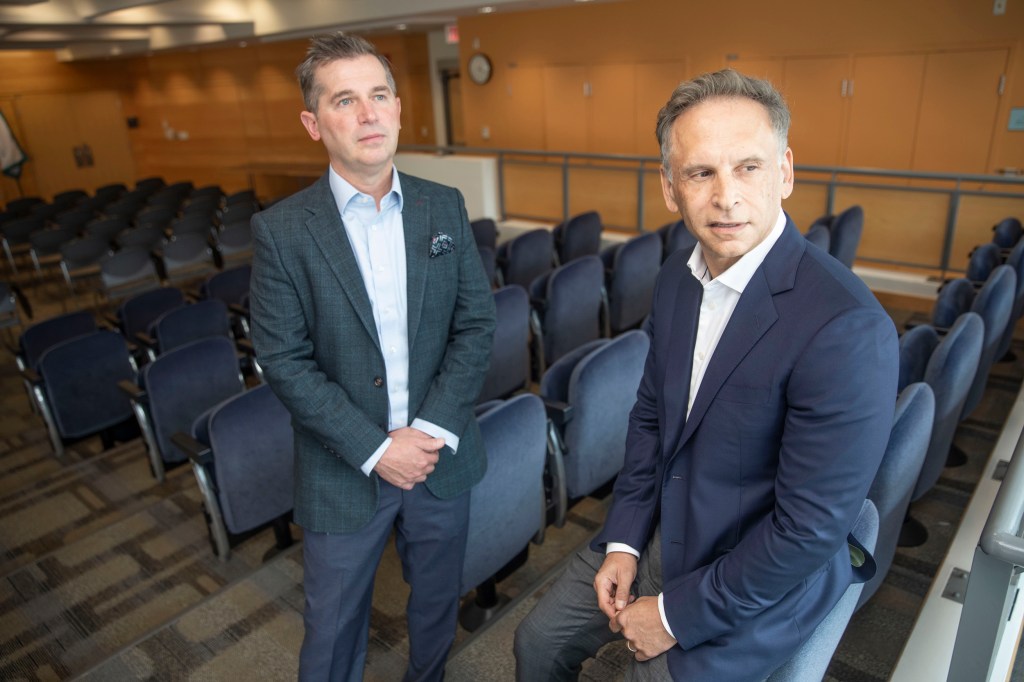
-
The night owl’s disease problem
A new study has an important message for night owls.

-
Next spat with your partner, try silence
If you’re doing all the talking, then you’re probably doing it wrong, says negotiation expert.
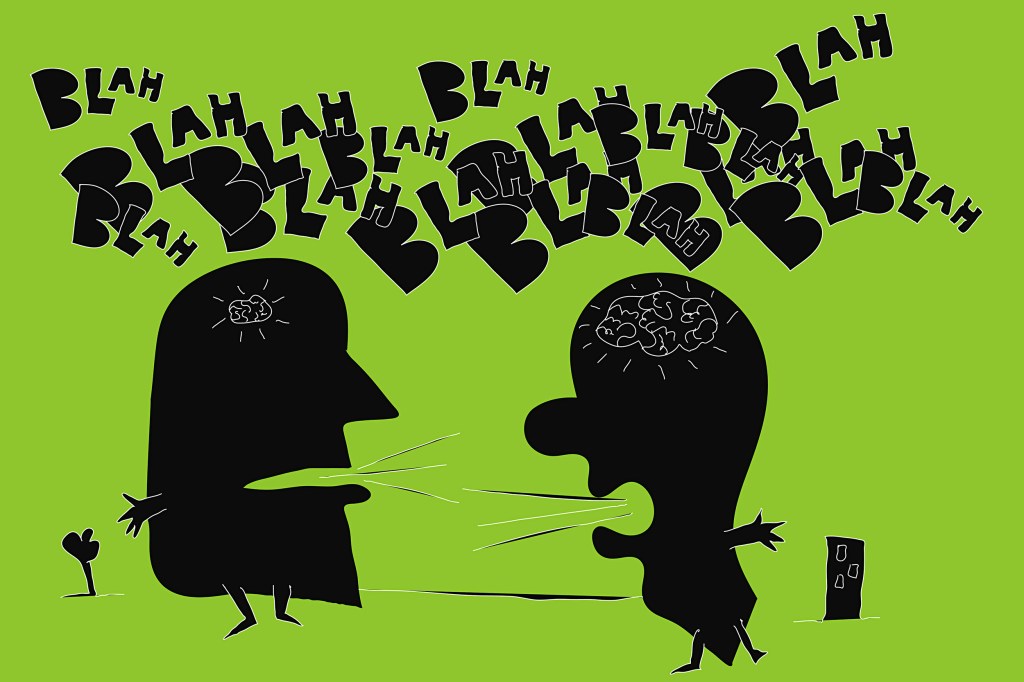
-
Think twice before saying ‘cult’
Survey shows intense support for ex-president in face of indictments, but common claim among MAGA critics falls short of scientific rigor.
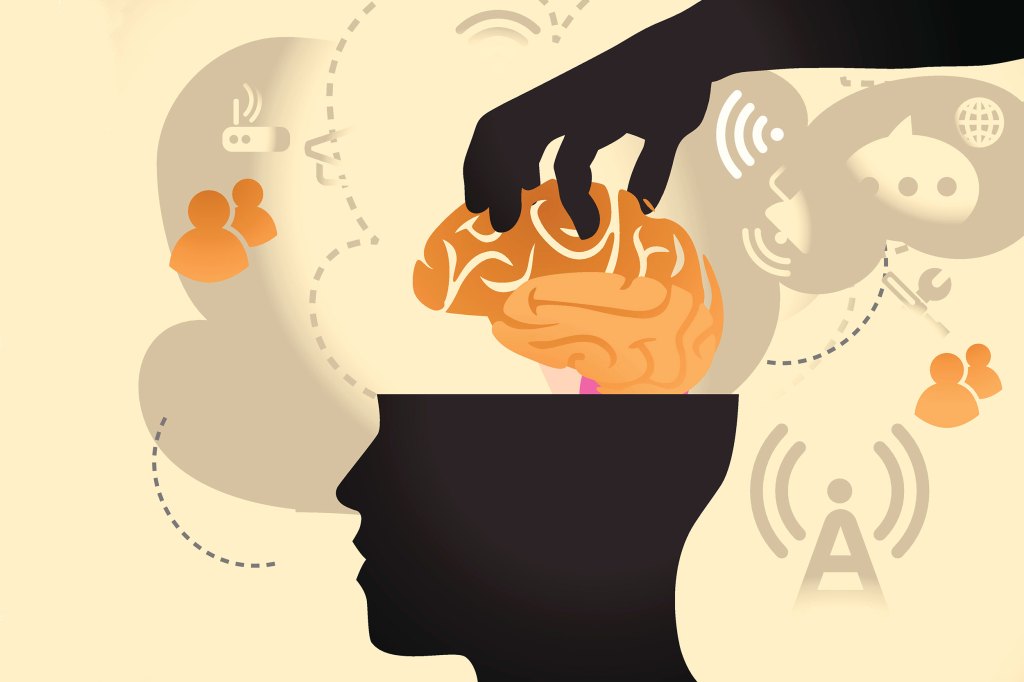
-
These doctors aren’t sweating AI — yet
Board exam for pediatric specialty stumps ChatGPT, at least in some areas.
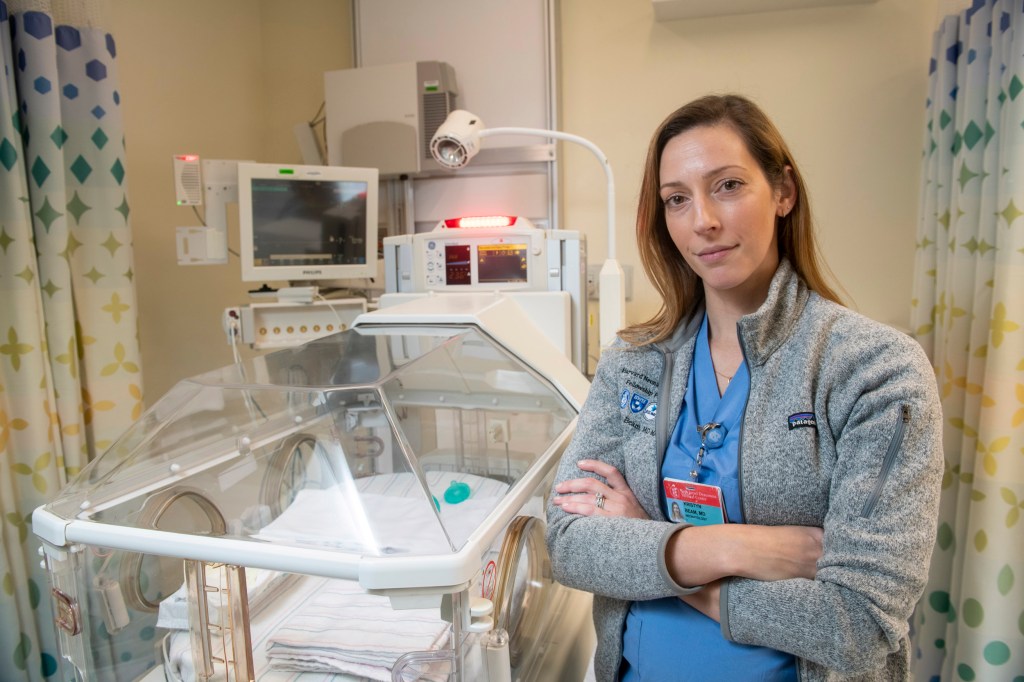
-
How durable is your immunity?
William Hanage, an associate professor of epidemiology, talks about hybrid protection, vulnerability of older people, and the wisdom of Taylor Swift.
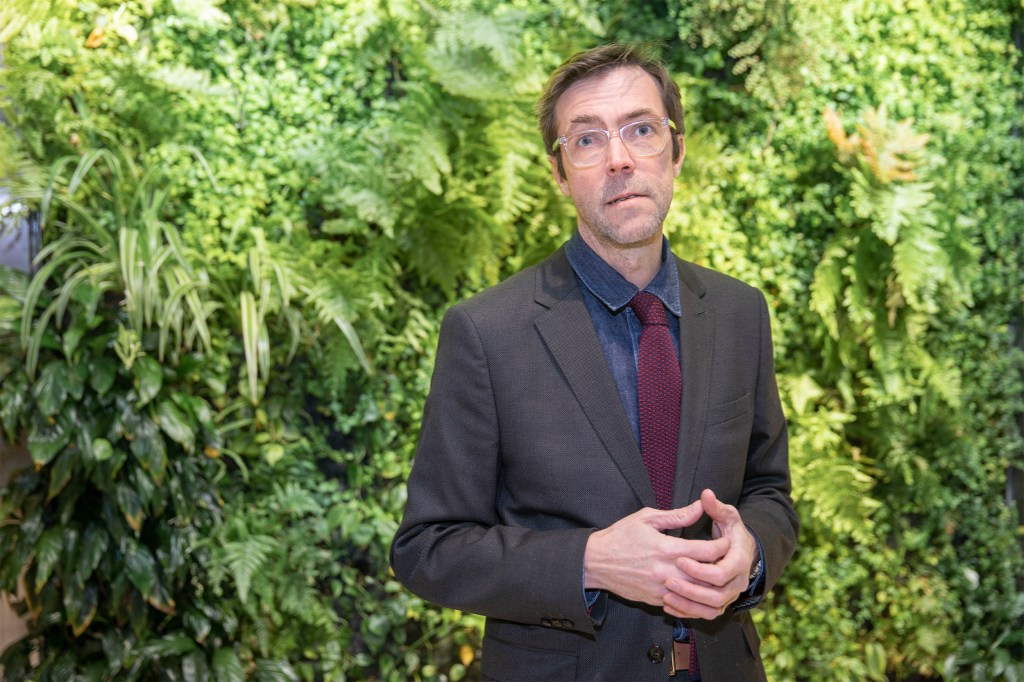
-
Microdevices turn brain tumors into tiny labs
A microdevice has been designed that can be implanted into tumors to conduct dozens of experiments at once to study the effects of new treatments on some of the hardest-to-treat brain cancers.

-
Surge in ‘abortion travelers’ to Mass. post-Dobbs
Women are traveling from states as far away as Texas for care, finds Brigham and Women’s study.
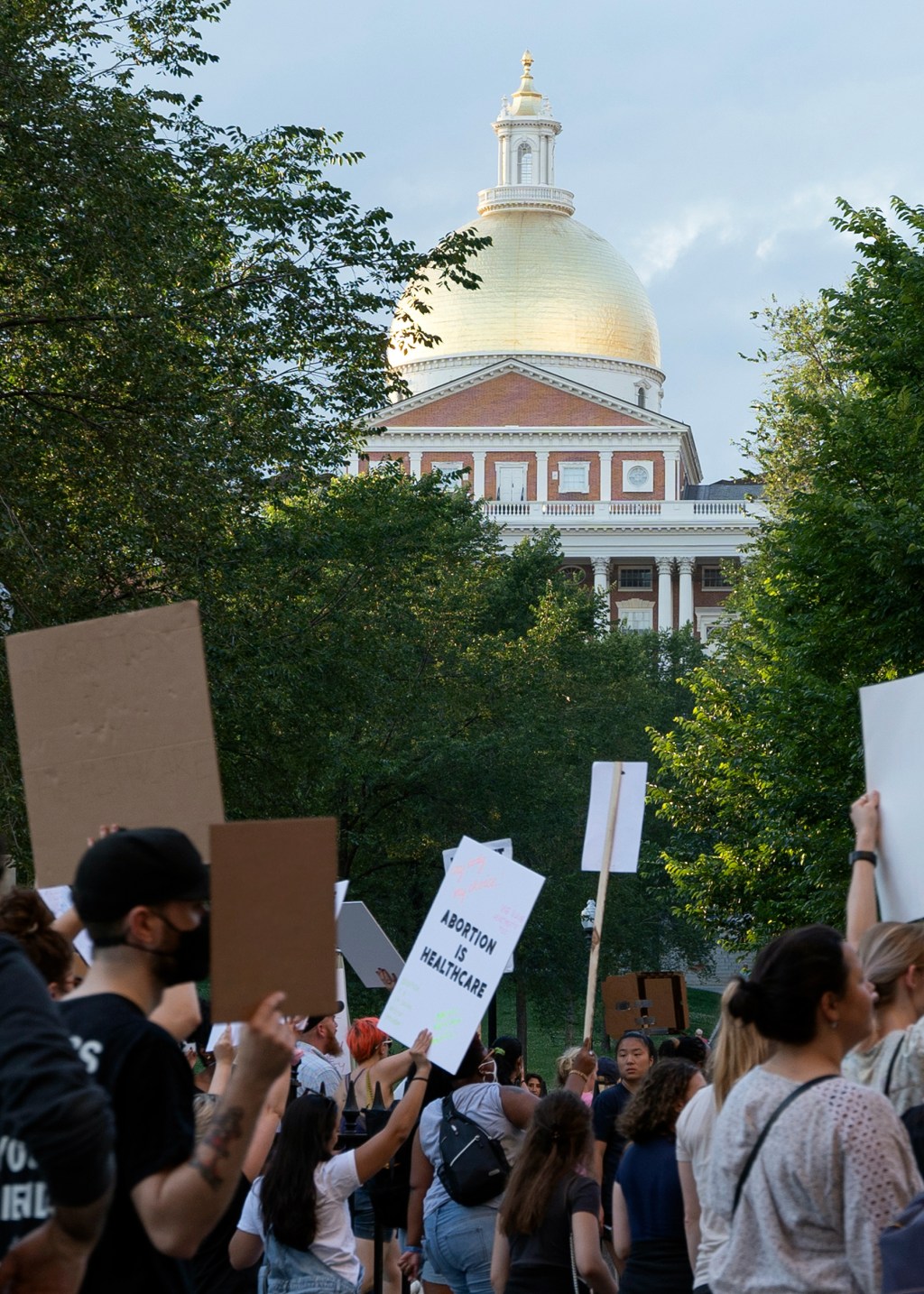
-
Need cancer treatment advice? Forget ChatGPT
New research finds in about a third of the cases AI chatbot provided medically inappropriate recommendations for cancer treatment.
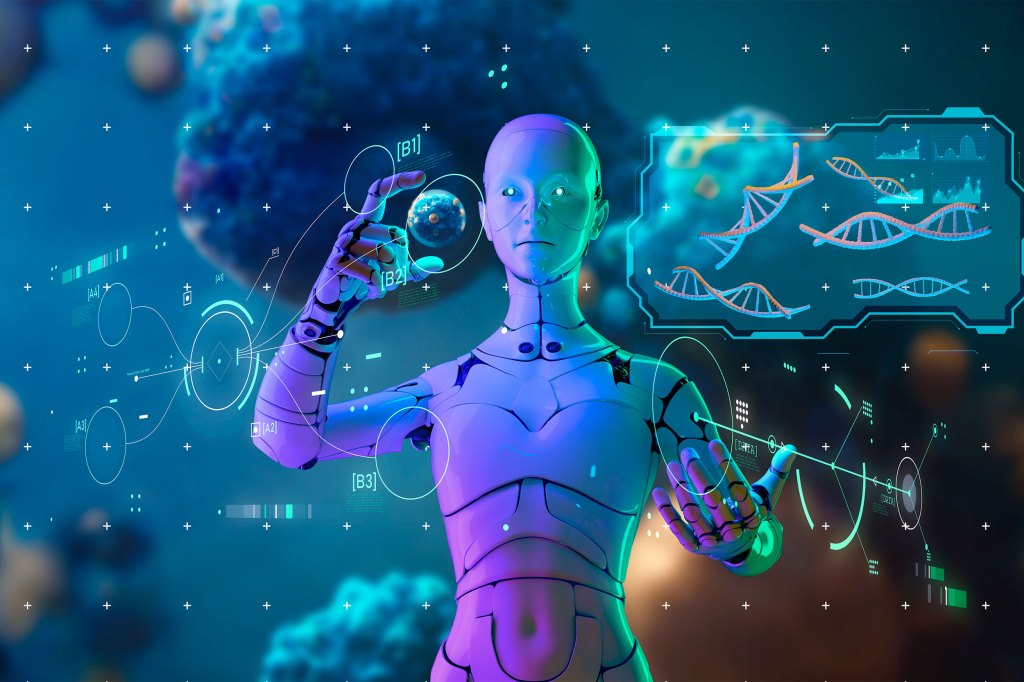
-
The eye as we’ve never seen it
Researchers’ atlas pinpoints where disease-causing genes are expressed, raising hope for inroads against glaucoma and macular degeneration.

